Sharri Markson: Journos caught in the crossfire of Govt’s warring factions
The Morrison government’s claim it had nothing to do with the AFP raids targeting journalists this week is utterly misleading.Read why the raids were a result of the warring factions inside the Liberal Party.
- Dutton and Albanese spar on press freedom following AFP raids
- Federal Police raids on Australian media an ‘assault on press freedom’
In the cutthroat world of Canberra politics, journalists have become collateral damage.
It’s reasonable to expect a government to track down national security leakers within their intelligence agencies — the public expect this — but journalists should never have to risk going to jail over their reporting.
The Morrison government has falsely claimed it is at arm’s length from the AFP’s actions. They didn’t order the raids, they didn’t know about them, nothing to see here.
This is utterly misleading.
Time and time again, when a damning story hits the news, politicians, including Malcolm Turnbull and Morrison, have deflected questions by saying the leak had been referred to the AFP, and they cannot comment on an ongoing investigation.
This proved an effective tactic to avoid scrutiny.
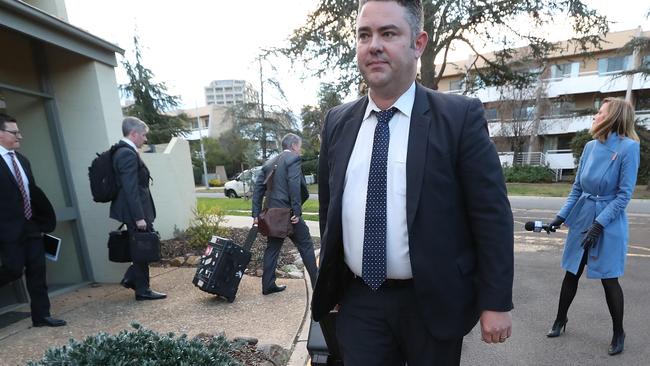
MORE OPINION
National anthem stance saps energy from NSW Blues
Time for a royal commission into hidden epidemic of military suicides
There are no ‘buts’ in press freedom
But they know perfectly well what happens when a referral is made to the AFP, where raids are among its investigative arsenal.
The Government cannot now pretend to have zero to do with the AFP’s actions.
This is particularly so in relation to Annika Smethurst’s story, where the AFP referral over the leak had less to do with stifling journalism than it did with Machiavellian political battles and a factional war within the Turnbull Government.
Her story that there were secret plans being drawn up by the Home Affairs department to spy on Australians was splashed across the front page of The Sunday Telegraph in April of 2018.

Only a few months earlier, Turnbull, then PM, had gifted Peter Dutton a brand-new, sprawling Home Affairs super-portfolio.
It was a controversial move that Turnbull’s moderate acolytes, including George Brandis, Julie Bishop, Christopher Pyne and others, strongly objected to.
Turnbull did it to keep Dutton on side in the hope it would secure his support and prevent a threat to his leadership.
Home Affairs had barely been operational for a month when its head, long-time public servant Mike Pezzullo, wrote to his counterpart in defence, Greg Moriarty, about vulnerabilities in our “critical infrastructure”.
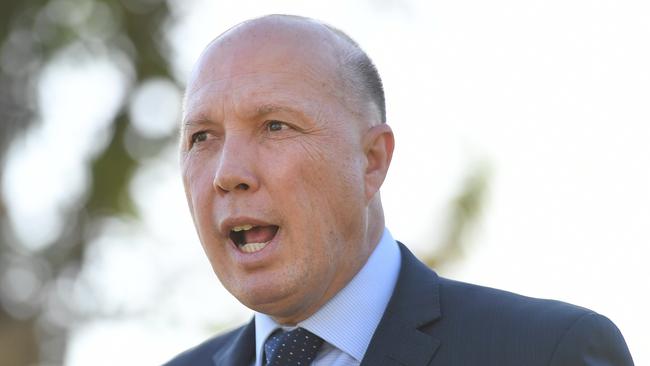
His letter was not about spying on all Australians, in a vacuum-sweep collection of information, as was reported.
It was, as he explained in Senate hearings, about whether to give the Australian Signals Directorate (ASD) the power to hack a cyber network if the server or other infrastructure is hosted in Australia, for the specific purpose of disrupting crime, such as live-streaming of paedophilia.
“The only matter in issue in terms of potential new powers and functions … is whether ASD’s capabilities could and should be employed in the disruption of cybercrime where the whole, or parts, of the relevant cyber network are hosted on Australian telecommunications infrastructure, and secondly whether ASD’s capabilities could and should be employed in the active defence of certain critical national networks,” he said.
After Pezzullo wrote to Moriarty, the pair agreed to develop a proposal for their relevant ministers, Peter Dutton and Marise Payne, to consider.
The proposal was not yet at the stage where it had been shared with the National Security Committee of Cabinet, nor with the Prime Minister.
The ASD developed a draft ministerial submission, to be sent to Payne and Dutton only.
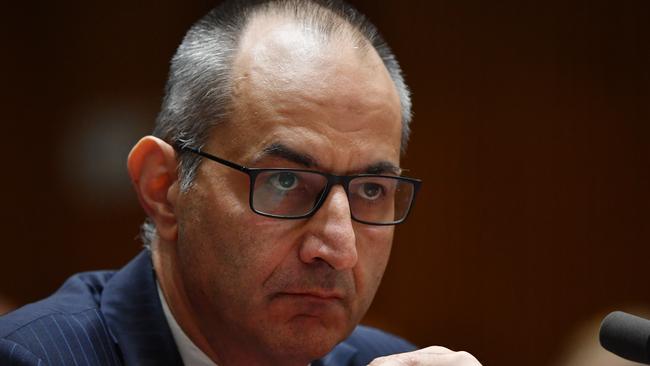
It was this document that made its way to the front page of The Sunday Telegraph.
It’s unclear whether the document had been sent already to Dutton or Payne’s offices when it was published.
On the day the story ran, the interpretation around Pezzullo and Moriarty’s correspondence led Dutton’s conservative camp to presume this leak was the work of his enemies.
High-level sources at the time told me they believed it was a political leak designed to damage both Dutton and his super-ministry — payback for the Home Affairs portfolio that had weakened other ministries. And they were furious. An investigation was needed to track down the rat.
Remember the climate: this was four months before the overthrow of Turnbull, and tensions between conservatives and moderates were simmering. Moriarty referred the leak to the AFP, with Pezzullo’s support.
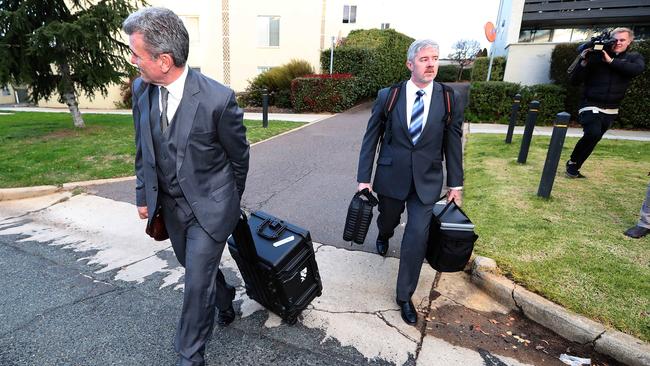
So, the notion that the Government had nothing to do with the raids on Smethurst’s home is ridiculous. It was internal government political vendettas that led to the AFP referral.
And hers isn’t the only story.
A story by Simon Benson in The Australian earlier this year that ASIO was scathing of Kerryn Phelps’ medevac bill is the subject of a current AFP investigation.
And, on October 24 last year, I received a call from an AFP investigator asking me to give up my source for the unauthorised disclosure of classified information included in an article I had written on Roman Quaedvlieg eight months prior.
There are probably others.
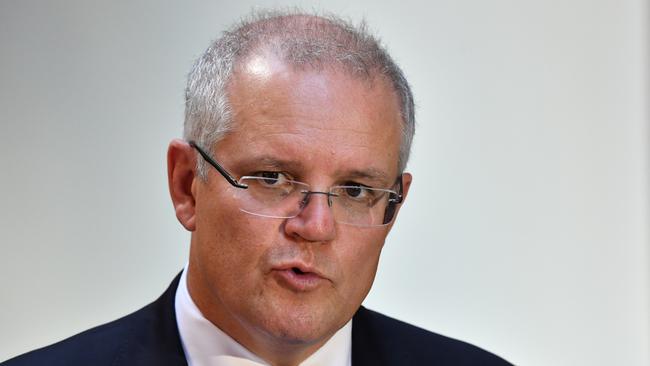
But the political uproar over the raids has been so great that the AFP will now have to weigh up how it proceeds with its investigations.
Kristina Keneally’s emotive press conference demanding Scott Morrison commit to a free press was hollow; she could not say Labor would conduct itself any differently on leaks of national security matters.
And Morrison needs to take the temperature and examine how the oppressive national security laws the Turnbull government passed last year, with the support of Labor, apply to hardworking journalists.


